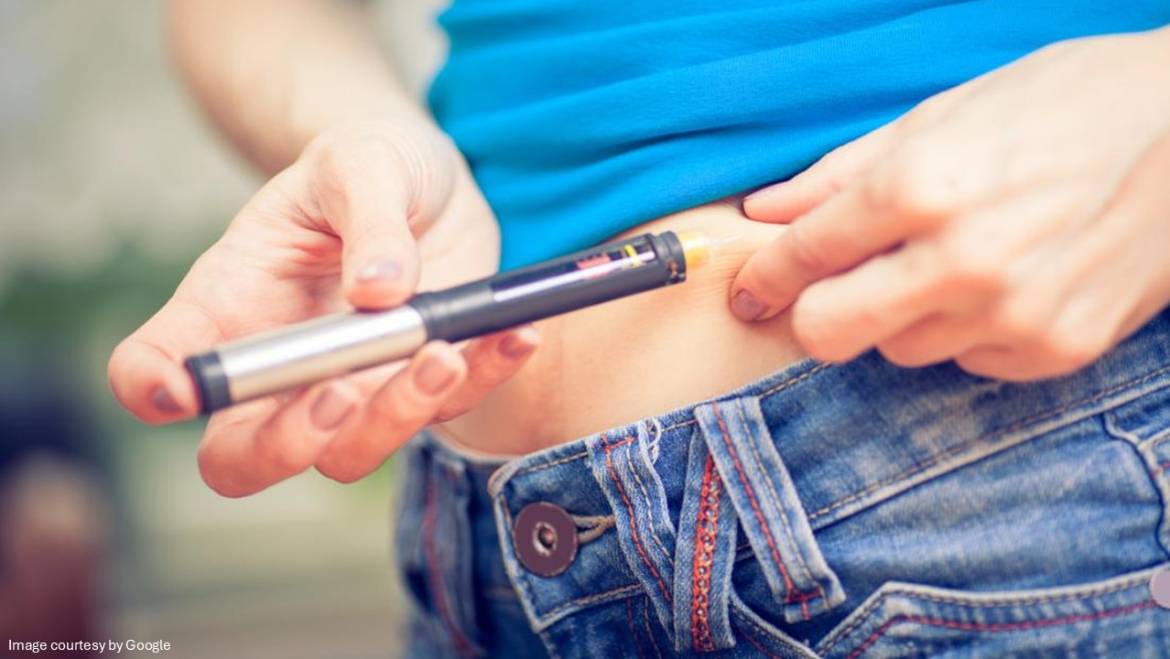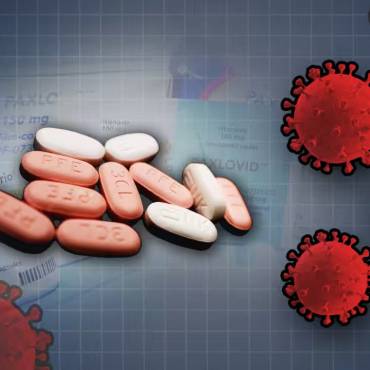Diabetes patients consume insulin to control their blood sugar levels. But, taking too much insulin can severely affect a person’s health. An insulin overdose causes hypoglycemia.
Administering prescribed medication usually works safely in most cases when it is followed per regimen. Hypoglycemia, a result of an overdose with insulin, can also cause a serious health issue.
Following certain precautions can help avoid the effects of overdose of insulin to a great extent:
Avoid mistakes
-
- In most cases, injecting too much insulin into the body happens because patients simply misread the syringes or vials. This could happen when they start using a new product. Be sure to measure quantities.
- Mistakenly injecting the wrong type of insulininto your system is possible. For instance, you take 30 units of long-acting and 10 units of short-acting insulin. You can mistakenly inject 30 units of short-unit insulin instead of long-acting units.
- A major mistake of an insulin overdose is not eating after injecting insulininto your system. Both rapid-acting and short-acting insulin should be taken along with or before meals. As blood sugar levels rise after meals, your blood sugar levels could drop drastically if you take rapid-acting or short-acting insulin without eating.
- Injecting insulin in your arm or leg before an exercise routine. When you perform physical activities after injecting insulin, your blood sugar levels drop and affect insulin absorption. You must inject in an area not affected by exercise.
Insulin overdose symptoms
The symptoms of low blood sugar levels caused by an insulin overdose are anxiety, confusion, fatigue, sweating or clammy skin, irritability, extreme hunger, and also trembling hands. However, if your blood sugar levels continue to fall, you are bound to have serious complications. The complications could be experiencing seizures or even falling unconscious.
What to do during an insulin overdose?
Stay calm when you have an insulin overdose. Do not panic; insulin overdose treatment at home can be a great help. As long as you are conscious, follow these simple steps:
-
- Check your blood sugar level
- Drink one-half cup of regular soda or even sweetened fruit juice. You can also eat hard candy, glucose paste, tablets, or gel.
- Eat something right away if you have skipped a meal. Normally, 15 to 20 grams of carbohydrates raise your blood sugar level.
- Take a break, and more importantly, rest.
- You must recheck your blood sugar level after 15 to 20 minutes. If the blood sugar levels are still low, take another 15-20 grams of sugar. Have a quick bite if you can.
- For the next few hours, pay keen attention to how you feel. If you still experience symptoms, check your sugar again after an hour. Keep munching on snacks if your sugar is low.
- Don’t push your sugar too high if it’s only for a short time.
Your family and friends should do the following:
Let people around you be aware of what to do in case when you are unconscious, confused, or having seizures.
If you are unconscious, they must immediately contact emergency services. When you are alert enough to follow instructions, they must give you a sweet juice to drink. However, if your symptoms don’t improve over the next hour, they must call your doctor to understand the next action. They must inject you with an insulin antidote, glucagon. Ask your doctor if you need to keep a glucagon at home or are susceptible to low blood sugar.
How to prevent an insulin overdose?
Insulin overdose can be avoided by following the below instructions:
-
- Keep a stable schedule
- Be sure to eat something at mealtime. Even when you are not hungry, have a light snack, a glass of skim milk, or a small serving of fruit. You must never skip meals when you have taken insulin.
- You must be ready to accept that you might have insulin complications at some point in your life. Always carry hard candies in both your and your spouse’s bag. Also, keep hard candies in your car and travel bag.
- Ensure your near and dear ones know your usual signs and symptoms of hypoglycemia. They can act quickly if your blood sugar levels drop and confuse you.
Other insulin complications
Other insulin complications are caused due to not taking the required amount of insulin. This can result in extremely high blood sugar levels that cause one of two urgent medical conditions, which are:
-
- Diabetic ketoacidosis (DKA) –If you do not have enough insulin in your system to absorb sugar, your body’s cells will act like they have gotten starved. Then, they will use other less efficient energy sources, leading to a dangerous acid build-up.
- Hyperosmolar hyperglycemic nonketotic syndrome (HHNS) – Your blood sugar levels can reach more than 600 in HHNS. HHNS can cause severe dehydration in a patient and can also be life-threatening.
When severe complications occur, the patient may be required to be hospitalized for treatment for insulin overdose. To avoid any such situation, the patient should follow insulin overdose management with simple rules mentioned in the article. These simple tips can save you from life-threatening issues and keep you healthy. Every patient’s case and health varies, so cross-check with your doctor about these steps if you have any questions or concerns.
Also Read: 10 Common Diabetes Myths Busted!



